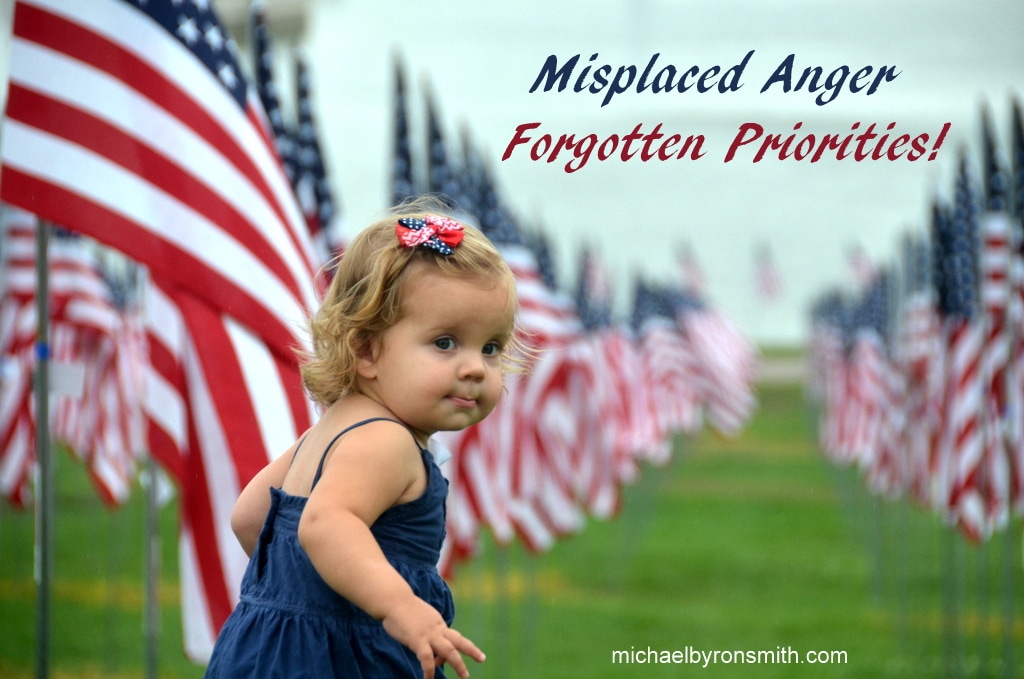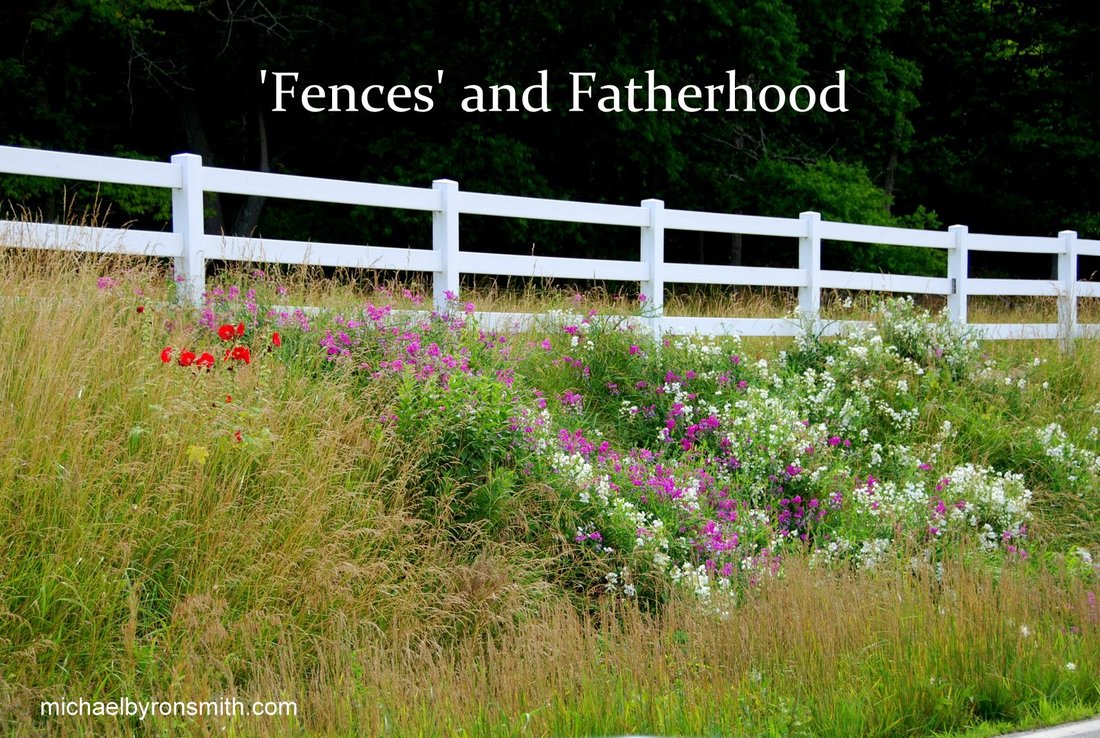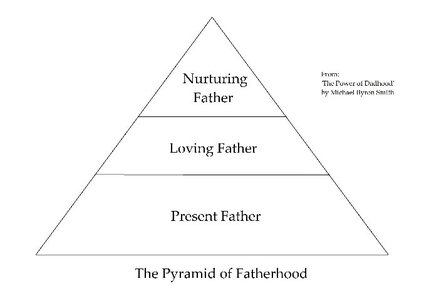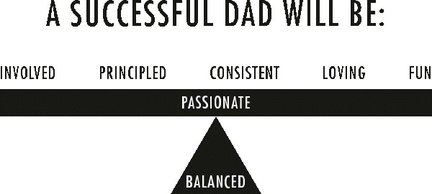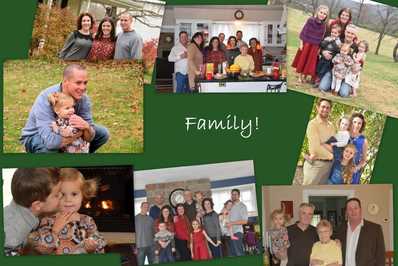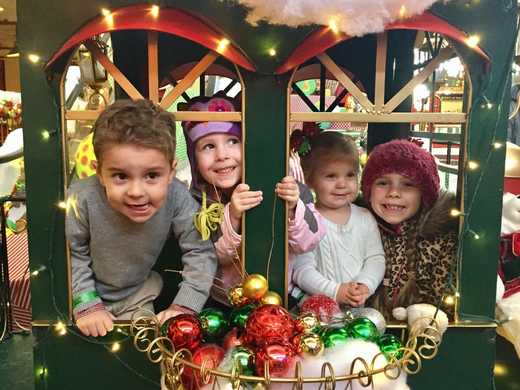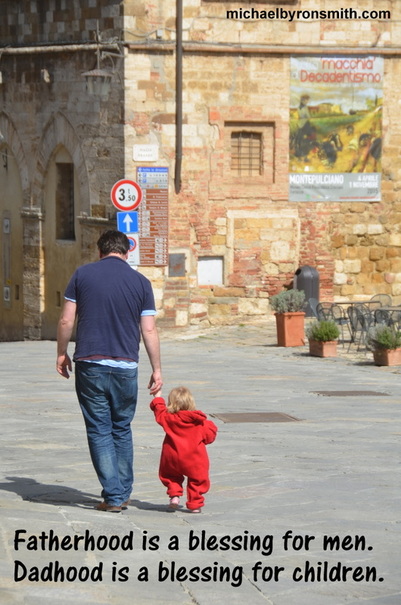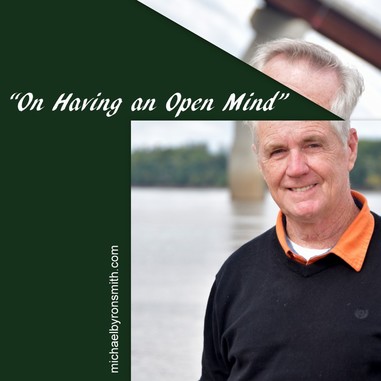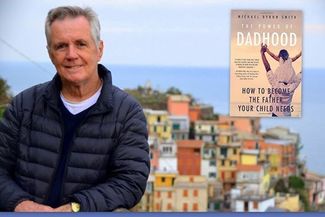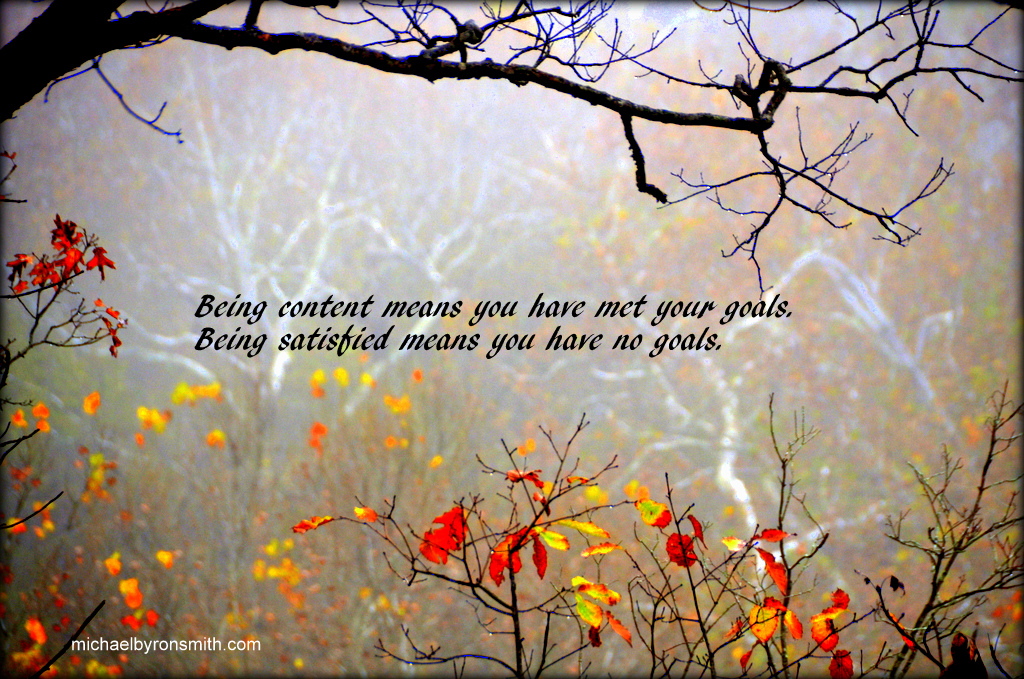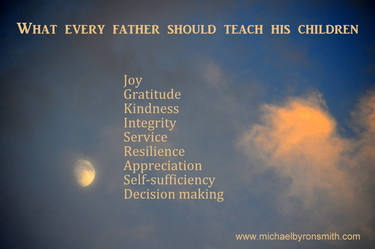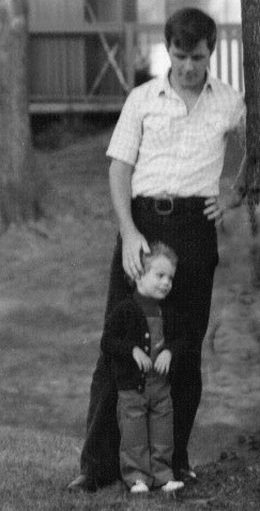Guns for sport and hunting are really not a problem to anyone save a few extremists. But guns for protection, real or imagined, are more controversial. Similarly, having an abortion when the mother is at serious risk, or if she was raped, is understandable. But having an abortion because you made a bad decision, or think you cannot mentally, socially, or fiscally handle a child, is very controversial.
Here’s what I say. If we put all our energy into helping families to stay together, there would be far less need to have a weapon to protect ourselves from the consequences of fatherless families. If we put all our energy into incentivizing families to stay together instead incentivizing them to be apart, there would not be kids looking for love in all the wrong places. Instances of controversial abortions would be drastically reduced.
I see marches and protests these days being more about fear than any tangible rights for which to fight. Fear of losing what you have or want - I get it! But guns, school choice, abortions, rights for LGBTQIA, all pale to the real problems in America. The real problems all stem from broken homes, lack of mentors, getting even with someone or some group instead of getting above the fray for the good of all.
Another example. Helping a foreign family come to the US to escape harm, sickness, or death is a no-brainer. But in an atmosphere where terrorists will try any trick in the book to get their foot in the door to our destruction adds a complication. The percentages of bad guys are small, but the consequences of their action are huge, so innocent immigrants and refugees pay the price of the bad guys’ intentions. The highest responsibility of the US government is to protect its citizen’s. Each side has arguments that are worth hearing.
I care about immigrants, especially those that have become citizens in accordance with our laws. But what about the natural born citizens of our inner cities or poor towns in rural America? I would guess there are an embarrassingly large number of US citizens that live in worse situations than some immigrants have seen. Refugees fleeing war, not of their making, are in a different situation. They need help from the rest of the world. However, we have wars going on in our own streets for which we are directly responsible. Directly responsible because we want fewer guns, or fewer abortions, or more cops instead of doing that which is necessary to remove the desire for handguns, the desire for abortions, or any need for more cops.
We want equal rights for the LGBTQIA community, fair and good! But if we had a “KTFT” (Keep The Family Together) community that had the ratio of “hype compared to the number people impacted” power that the LGBTQIA community has, we would likely solve 80% of our drug, crime, poverty, and out-of-wedlock issues in two or three generations.
Lost children and adults from non-functional families frequently use drugs to escape their plight or soothe their anger. Drugs bring crime because drugs cost money and drug offenders often don’t work or have money for basic needs due to their habit. Crime chases away businesses and jobs. Poverty sets in. The idleness of ‘not working’ causes more concentration on sex, drinking, drugs and partying. More sex and drinking brings children into the world with just a wisp of a chance to escape the challenges that caused their birth. The cycle of poverty, drugs, crime, out-of-wedlock births, health issues, and anger just continues, over and over!
So I am tired of the protests of anger and fear. I’m ready for action! Action in the form of a concentration of ideas and methods that will turn around the destruction of families in our country. I guarantee that in any area that has a large number of broken families, you will see the troubles I described above. Actions to address family breakdown doesn’t happen because too many of us have our little corners to protect, our pet projects that fit our belief systems, forgetting that a combined effort to make families whole and self-sufficient would take care of almost every corner and destroy the causes of the arguments that divide us. It won’t be easy to stop the genesis of all our problems, but what a waste of energy to ignore it. Our lowest level of social organization is the family. The genesis of our problems is the breakdown of the family!
Yes, support of family and family values are in my corner, in every corner!

